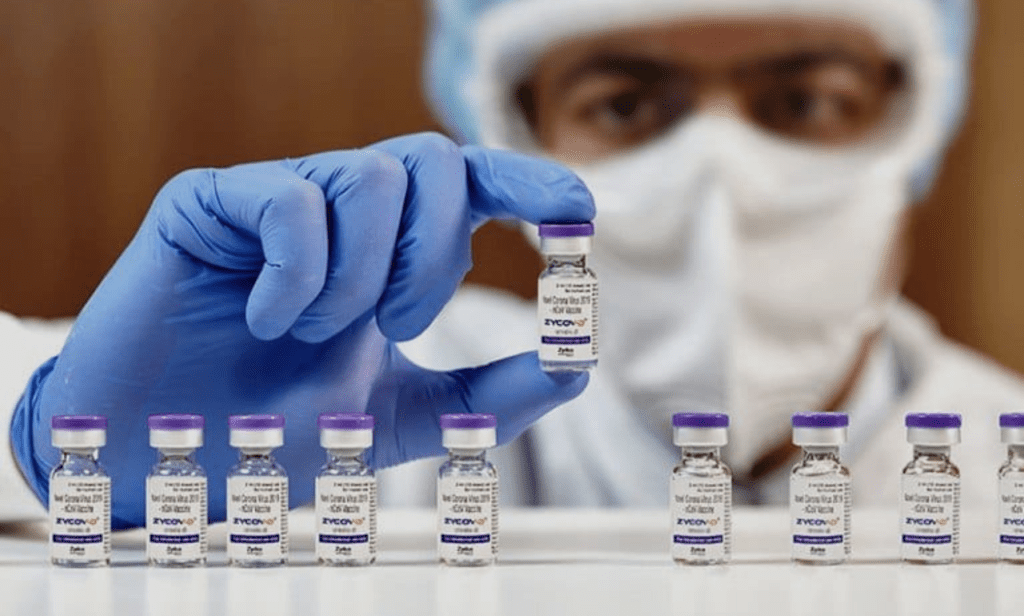
The U.S. Food and Drug Administration (FDA) has granted full approval to Moderna’s COVID-19 vaccine for children aged 6 months and older, a decisive move signaling robust confidence in the shot’s safety and effectiveness for society’s youngest members. This transition from emergency use authorization (EUA) to full licensure, announced July 10, 2025, culminates over two years of real-world data collection and intensive FDA scrutiny. For parents, pediatricians, and public health advocates, this milestone erases lingering ambiguity about the vaccine’s regulatory standing. Dr. Alicia Martinez, a pediatric infectious disease specialist at Johns Hopkins, notes, “Full approval isn’t just paperwork—it’s the FDA’s stamp that this vaccine meets the highest benchmarks for safety and benefit in children, based on millions of doses administered globally.”
Moderna’s journey to this approval reflects rigorous evaluation. Initially authorized under EUA for young children in mid-2023, the vaccine’s performance was tracked across diverse populations, climates, and emerging variants. The FDA’s review included analysis from Moderna’s KidCOVE trial—which enrolled over 10,000 children—and post-authorization safety surveillance systems like V-Safe and VAERS. These databases logged reactions from over 4 million U.S. children under 5 who received the vaccine under EUA, revealing overwhelmingly mild side effects like arm soreness or low-grade fever. Critically, no new safety concerns emerged during the full-approval assessment, particularly regarding myocarditis, a rare side effect noted in adolescents. Dr. Raynard Washington, an epidemiologist, clarifies, “Myocarditis rates in young children post-vaccination remain extraordinarily low—around 1-2 cases per million doses—and resolve faster than when triggered by COVID itself.”
The vaccine’s efficacy against severe outcomes underpins the FDA’s decision. Real-world studies show two Moderna doses reduced hospitalization risk by 83% in children under 5 during the Omicron waves. For context, unvaccinated toddlers hospitalized with COVID face risks like MIS-C (Multisystem Inflammatory Syndrome), which affects 1 in 3,000 infected children and can cause heart or neurological damage. Vaccination slashes this risk by over 90%. “These numbers aren’t abstract,” stresses Dr. Leana Wen, an emergency physician and public health professor. “They translate to fewer ICU admissions, fewer terrified parents, and fewer long COVID cases in preschoolers.”
Moderna’s mRNA technology—often misunderstood—works by instructing cells to build a harmless piece of the “spike protein” found on COVID’s surface. This trains the immune system to recognize and fight the actual virus. The pediatric dose (25 micrograms) is precisely calibrated for small bodies—one-quarter the adult amount—ensuring strong immunity without overstimulation. Dr. Paul Offit, a vaccine expert at Children’s Hospital of Philadelphia, likens it to “teaching a child’s immune system to spot a criminal using a photo, not the criminal themselves.” This approach avoids exposing children to live virus, making mRNA vaccines safer than traditional platforms like measles or chickenpox shots.
Skepticism among parents, however, persists. Surveys indicate 40% of U.S. parents hesitate to vaccinate young children, citing novelty concerns or the belief that COVID poses minimal risk to kids. Yet data reveals COVID killed over 1,000 U.S. children since 2020—more than annual flu deaths in this age group. Hospitalizations also surged during peaks, straining pediatric ICUs. “Dismissing COVID as ‘mild’ for kids ignores immunocompromised children, those with asthma, and the burden of missed school or caregiving,” says Dr. Yvonne Maldonado, chair of the AAP Committee on Infectious Diseases. “Vaccination is about shielding the whole community.” Economic analyses add weight: A Kaiser Family Foundation study estimates pediatric COVID hospitalizations cost families $25,000 per child on average, not accounting for lost parental wages.
Full approval also streamlines practical access. Hospitals and clinics face fewer administrative hurdles in stocking fully licensed vaccines, easing distribution. Pediatricians gain clearer guidance for co-administering COVID shots with routine immunizations—a key advantage for busy families. Dr. Andrea Green, a Vermont pediatrician, observes, “When parents see COVID vaccines alongside measles or polio shots on the schedule, it normalizes them as essential protection.” The approval may also influence global health bodies like the WHO and regulators in the EU and Canada, accelerating pediatric rollouts worldwide.
Looking ahead, Moderna plans variant-targeted boosters pending FDA review. For now, though, this approval anchors COVID vaccination as a cornerstone of pediatric care. As Dr. Peter Marks, director of the FDA’s Center for Biologics Evaluation and Research, stated, “Our decision reflects exhaustive evidence that the benefits for all young children vastly outweigh any known risks.” With schools reopening and new variants circulating, this endorsement arrives as a critical tool to blunt COVID’s disruption to childhood development—and a reassurance to parents navigating an evolving landscape.
